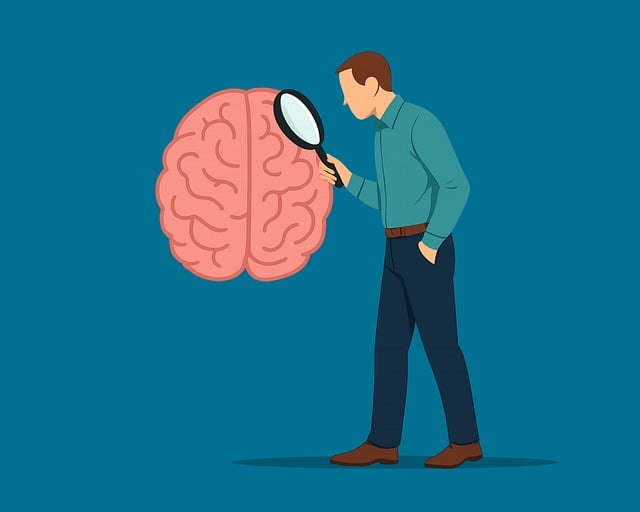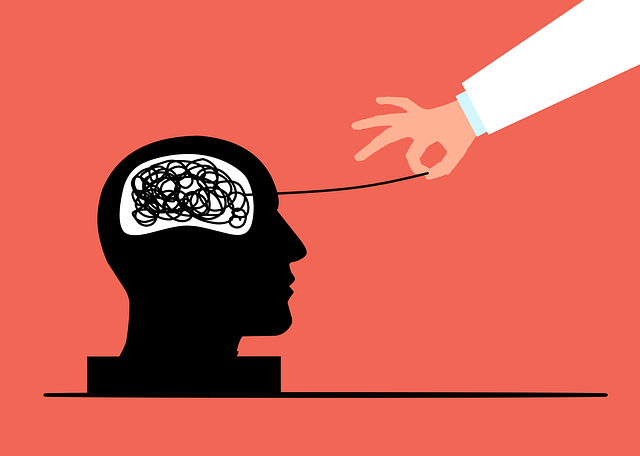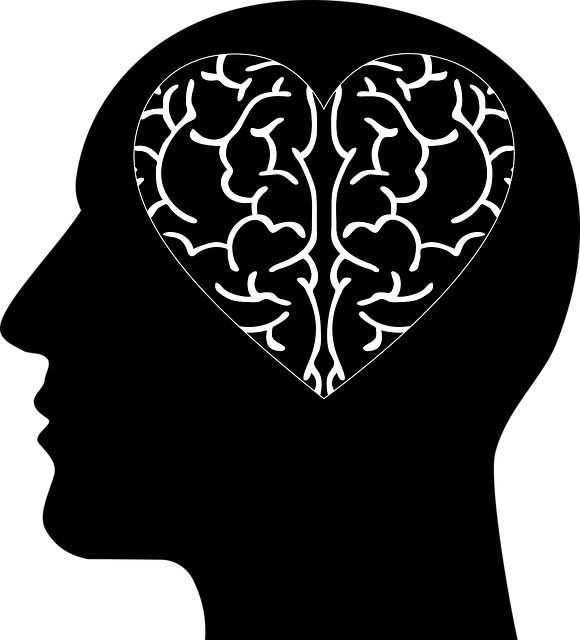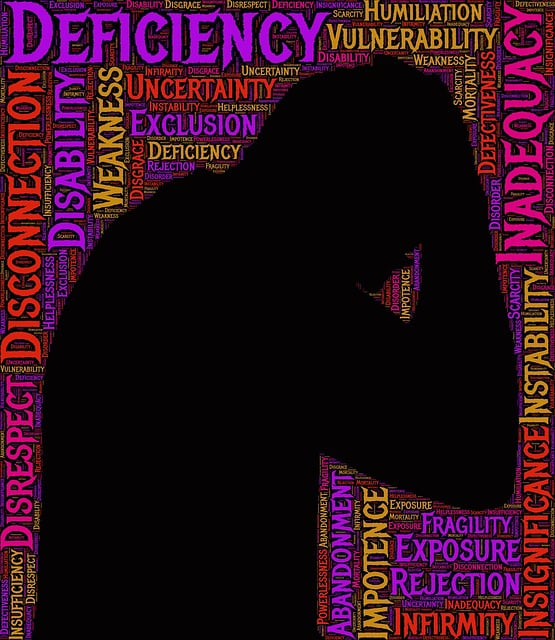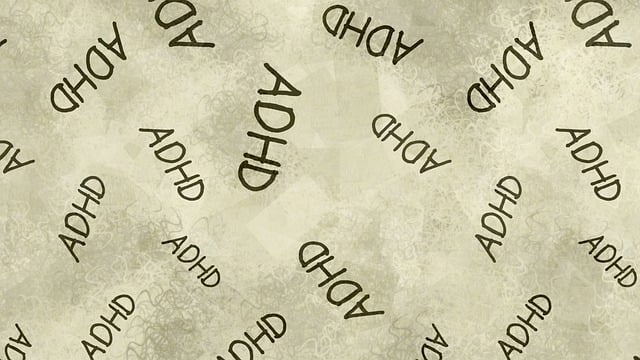Mental Health Crisis Hotlines, like those staffed by Lone Tree Therapy's therapists and clinicians, provide 24/7 support during emotional crises. They connect individuals in distress with trained professionals who offer coping skills development and personalized guidance, promoting positive thinking and bridging to longer-term therapy. Lone Tree Therapy focuses on mood management, emotional intelligence development, and community building to deliver holistic care that equips participants with tools for future challenges. Through collaboration, tailored interventions, and educational programs like Depression Prevention workshops and Stress Management, Lone Tree Therapy revolutionizes emergency mental health care and fosters a culture of proactive mental well-being.
In today’s fast-paced world, mental health crisis hotline support services are a vital safety net. These 24/7 resources play a crucial role in providing immediate assistance and guiding individuals through urgent psychological distress. This article delves into the significance of such hotlines, focusing on Lone Tree Therapy’s collaborative approach for enhanced emergency care. We explore the essential contributions of therapists and clinicians who offer expert guidance at the forefront, ensuring optimal support.
- Understanding Mental Health Crisis Hotlines: A Vital Resource for Emergency Support
- The Role of Therapists and Clinicians: Providing Expert Guidance on the Frontline
- Lone Tree Therapy: A Collaborative Approach to Enhancing Emergency Mental Health Care
Understanding Mental Health Crisis Hotlines: A Vital Resource for Emergency Support

Mental Health Crisis Hotlines serve as a vital resource for individuals facing emergency situations related to their mental well-being. These 24/7 support services are designed to provide immediate assistance, offering a safe space for those in distress. When someone is experiencing a crisis, whether it’s a panic attack, suicidal thoughts, or severe anxiety, the hotline becomes a lifeline, connecting them with trained professionals who can offer coping skills development and guidance tailored to their unique situation.
Lone Tree Therapy, for instance, has dedicated therapists and clinicians who staff these hotlines, ensuring that individuals receive expert care. By fostering public awareness campaigns focused on mental health, these crisis support services play a crucial role in promoting positive thinking and empowering people with the tools they need to navigate challenging situations. They serve as a critical bridge to longer-term therapy and recovery, offering immediate relief and hope during moments of intense struggle.
The Role of Therapists and Clinicians: Providing Expert Guidance on the Frontline

In the heart of any mental health crisis hotline, Therapists and Clinicians play a pivotal role, acting as frontline guides in navigating turbulent emotional landscapes. Their expertise lies in providing immediate, tailored support that not only offers relief but also equips individuals with lasting coping skills for future challenges. Through empathetic listening and evidence-based practices, these professionals help users manage their moods and enhance their emotional intelligence, empowering them to face adversity head-on.
Lone Tree Therapy, renowned for its compassionate approach, empowers therapists and clinicians to offer transformative support. By focusing on coping skills development, mood management, and emotional intelligence, they ensure that hotline participants receive not just temporary solace but also enduring strategies for mental well-being. This holistic care extends beyond individual sessions, fostering a sense of community and resilience among those who access the hotline services.
Lone Tree Therapy: A Collaborative Approach to Enhancing Emergency Mental Health Care

Lone Tree Therapy represents a collaborative approach to enhancing emergency mental health care. By facilitating communication between therapists, clinicians, and other support services, this initiative aims to provide more comprehensive and immediate assistance to individuals in crisis. This collaborative framework ensures that those seeking help receive tailored interventions suited to their unique needs, addressing not just acute issues but also laying the foundation for long-term mental well-being.
In addition to direct therapy sessions, Lone Tree Therapy offers valuable resources such as Depression Prevention workshops, Stress Management programs, and Conflict Resolution techniques. These initiatives empower individuals with practical tools and strategies to manage stress, resolve conflicts, and prevent depressive episodes. By integrating these educational components, the organization fosters a proactive mental health culture, enabling folks to take charge of their emotional well-being and lead more fulfilling lives.
Mental health crisis hotline support services, such as Lone Tree Therapy, represent a collaborative approach to enhancing emergency mental health care. By leveraging the expertise of therapists and clinicians, these hotlines provide vital guidance during crises. Understanding the importance of these resources is crucial, as they serve as a frontline defense, offering immediate assistance and expert insights. Through innovative collaborations, like those exemplified by Lone Tree Therapy for Therapists-Clinicians, we can foster a more comprehensive and effective system to support those in mental health emergencies.



